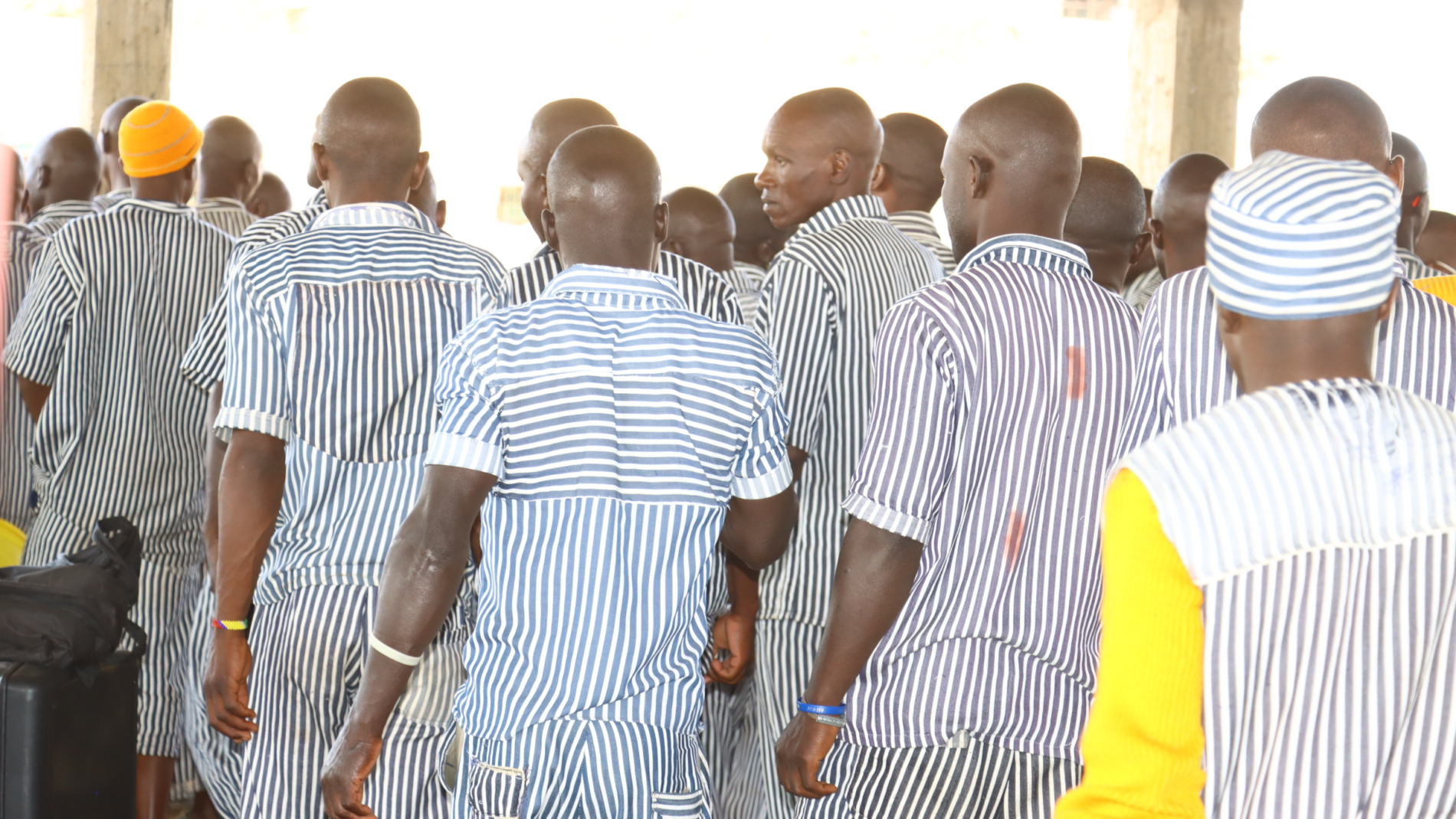In the depths of the COVID-19 pandemic’s mental exhaustion, Rebecah, a certified counselling psychologist from University of Nairobi, faced a profound challenge that tested both her training and compassion.
“I received information that a friend, grappling with a breast cancer diagnosis had contemplated suicide. The excruciating pain, the uncertainty of her prognosis, and the loss of her once-vibrant life had taken a heavy toll on her mental health. She felt like she had no control over her body or her life, and this hopelessness had led her to consider ending her suffering on her own terms,” she says.
After learning about her friend’s thoughts of suicide, Rebeca approached her with kindness and empathy. She began a series of one-on-one counseling sessions, creating a safe and nonjudgmental space for her to express her fears, frustrations, and feelings of hopelessness. She listened attentively, allowing the friend to share her innermost thoughts.

Throughout their sessions, Rebeca used a combination of therapeutic techniques, such as cognitive-behavioral therapy and mindfulness exercises, to help her friend manage her emotional distress. They worked on reframing negative thoughts, coping with the physical pain, and finding ways to regain a sense of control and purpose in her life, including seeking continuous treatment.
The bond between Rebeca and her had become incredibly strong, as they journeyed together through the depths of despair and emerged on the other side, where the will to live had triumphed over the desire to end her suffering. Rebeca’s unwavering support and therapeutic expertise had not only saved a friend’s life but had given her a reason to keep fighting, to cherish every day, and to find beauty even in the midst of illness.
Months later, as the pandemic waned, she gradually began to shift, seeing her life through a different lens and focusing on moments of joy and gratitude. She not only survived but thrived. Her cancer was conquered, underscoring the power of empathy and support even in the darkest of times. She is proud to have played a role in offering hope and healing to someone facing life-altering diagnoses, highlighting the lifeline that understanding and support can provide in the darkest hours.
This month being breast cancer awareness month, with theme “no one should face breast cancer alone’ World Health Organization states that 90 percent of early breast cancers are curable with treatments and self care. In 2022, Kenya’s Ministry of Health ranked breast cancer second in all deaths caused by cancer. In a statement the ministry said breast cancer records over three thousand deaths, noting that about seven women succumb to breast cancer daily in the country.
“Breast cancer accounts for over 3,107 deaths making it the second leading cause of all cancer deaths in the country. 7 women die every day in Kenya as a result of breast cancer,” the statement from the ministry stated.
Rebecca says the statistics can be reduced by giving proper care including mental health care to survivors. She also advocates for women going for screening to determine their status early enough.

But the journey to empathizing with people’s situations has not come easy. Rebeca says her first dream was to be a doctor as she grew up passionately helping out people with various medical conditions.Top of Form.
“After clearing my primary level, I joined Itoleka Girls secondary in Kitui where I excelled and got admission at University of Nairobi. However, due to some unforeseen circumstances, I got a letter to study psychology at the same institution. This was heartbreaking but I took it positively and, in the process, learnt that it actually had a mental health factor. I was happy that I would eventually provide health solutions to people,” she says.
After he completion, Rebecca secured a 6 months internship at a local mental health hospital in Nairobi where she encountered different cases, diligently working under the direction of professional doctors to help the survivors. At the end of her internship, she chose to work as a volunteer at Crime Si Poa (CSP), working under the prisons and reintegration programme, offering counselling sessions to inmates. It was while volunteering at CSP that she encountered her friend’s case.
Currently, Rebeca also provides counselling services to children under the community program at CSP. She visits schools and communities, offering mentorship to ensure that children are raised with moral values.Her determination and resilience in her field led us to honor her on this Mashujaa Day.
Ends.












